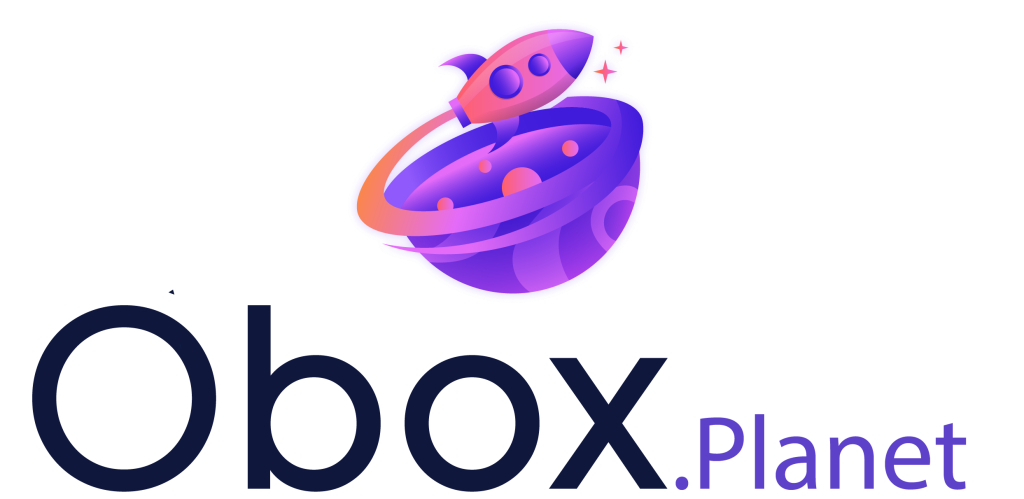Lab b4: Abortion, Adoption & Children Rights
Abortion, Adoption & Children Rights
This interview is taking place on the OboxPlanet. Marco is an experienced traveler from Earth, he interviews Coco, a 30-year-old mother and resident of the ObosPlanet.
Marco: Thank you for your permission to publish this interview on Earth.
Coco: You are very welcome. I hope we can have many more exchanges with Earthlings like you.
Marco: I have no doubt. Your world is an inspiration for Earth. Today’s topic is children. We think of your world as a place where everything belongs to private individuals and private organizations. Does this apply to children as well?
Coco: That’s a funny question. Who else should they belong to?
Marco: Well, there are limits to what you can do with children on Earth. You are not allowed to sell them or mistreat them, and in most places, you have to send them to school. If the children belong to you, can you do whatever you want with them?
Coco: Pretty much, with one exception: physical abuse is an absolute no-go. Child abusers are considered the scum of humanity.
Marco: Let’s detail this point. Who watches over the kids and what happens if somebody observes abuse?
Coco: When you observe abuse directly, or when a child comes running to you and does not want to return to its parents, you may intervene and take the child into your custody. Let’s say I suspect my neighbor abuses his child to the point where I feel I must intervene. I take the child into my custody. The neighbor demands the child back, and we end up before a neutral judge. If I am right about the abuse, the child will not be returned. If I am wrong, I am responsible for my error and will have to bear the consequences.
Marco: That sounds reasonable. It makes me think about the difference to Earth, where the state bureaucracy handles child abuse. But what if the parents insist the child is their property and they have the right to do whatever they want with it?
Coco: Remember our discussion on ethics and security? Almost everyone has an insurance contract to help protect us from criminals. These contracts also include provisions that prohibit child abuse and allow you to help someone else in urgent need. Contracts without these provisions would just not be successful on the market. This means all policyholders have already agreed on the right to protect a child and the procedures for handling conflicts. And even those without contracts will end up being subjected to the same standards.
Marco: That is a tightrope. Who decides what is abuse?
Coco: Of course, that’s the question. When you keep a child and the parents want the kid back, you end up before a neutral judge. If you can prove abuse, you and the child will be protected. The parents will be punished and will have to pay for all costs. If you made a mistake, you will be considered a kidnapper.
Marco: Just what is considered child abuse? A slap on the hand?
Coco: The acceptable norms depend on the culture and the times, and they keep changing. The neutral judge is usually part of the community and tends to reflect the prevailing norms. I know some communities that accept more coercion than I would, which is why I would not want to move there. But nowhere is sexual violence or severe beatings accepted. After all, at a certain point, children would simply run away.
Marco: Is child abuse widespread?
Coco: That is hard to say because it is, by its nature, private. What I do know, as I mentioned, is that it is considered the worst crime you can commit. If you seriously abuse a child, some communities will expel you for life and literally place you in the desert.
Marco: Have you heard of organizations like the church abusing children systematically?
Coco: No. I cannot imagine that this could happen in our system. There is nobody protecting individual abusers, let alone a whole group of them.

On earth, politicians put their idea into laws and the police enforces them. On OboxPlanet, these questions have different answers for different individuals, communities, and societies. There are no state dictates and there is much more flexibility on OboxPlanet.
Adoption.
The facts are simple and the same on OboxPlanet as on earth. Some people have kids they don’t want, and others want kids they don’t have. But while on earth, politicians and bureaucrats decide which kids may go to whom, on OboxPlanet, it is a flourishing business. And it has huge advantages compared to the state monopoly solution on earth.
Let’s say you have a kid you don’t want, or you are looking for a kid. On the OboxPlanet, you have many institutions that want to help you. Some are for profit; others are run by charitable institutions. All of them are competing for your attention and this means they want to give you the best possible service. And this always means that the wellbeing of the kids have a top priority, for one simple reason: competition. Adoption companies are probably among the most scrutinized of all businesses on the OboxPlanet. A critical press, competing companies and “kids care” charitable institutions will keep a close watch on what happens to the kids. Any institution that treats kids carelessly would immediately have a bad press and be off the market.
Do some mothers make babies for profit? Of course, we are talking about the freedom to decide on how to best run your life. In this case, we are talking about a planned pregnancy. It is presumably what this mother believes is the best plan for her life and who is to decide that better than herself? Looking at it another way, it is very similar to the surrogate mothers we already have on today’s earth.
While, once again, there is no perfection in human affairs, the differences between OboxPlanet and our world are startling. Thousands if not millions of abortions on earth are not aborted on the OboxPlanet, because there is value in every kid that is born. There are no abortions for fear that a kid would put the mother in economic distress. And there is much less child abuse because it is usually unwanted kids that get abused and they can easily be given up for adoption. And there is no need for orphanage facilities.
On earth, the state decides under what circumstances social services take kids away from their parents and what happens with the kids. The state also decides at what fixed age a kid becomes a sovereign human being. When we look at what really happens, it often is a tragic example of the principle “the road to hell is paved with good intentions”.
How are things different on the OboxPlanet, without states and social services?
One great “relief valve” are adoption and caretaker institutions. It is common that when neighbors observe that parents are overwhelmed by their role as parents, they inform an adoption agency, all of which are happy to propose several solutions. Some of the most common programs are the classic adoption solution, temporary caretaker programs or shared parenting.
Child labor
When do children become adults? We all know that some kids can stand on their own feet at 12, others need assistance much longer if not for life. On OboxPlanet, there are several answers. One of them is to look at “factual independence” in the sense that when a kid makes decisions which leads to an in-fact independence from his or her parents, they are considered a self-supporting, sovereign individual. This can be the case when a kid finds a job and moves out. We have seen in the interview above that when a kid runs away and finds new host parents, they may not be forced to return.
There are no laws against child labor on OboxPlanet. Needless to repeat that kids are protected from physical abuse just like adults and there is no more need for kids to work for survival. Generally, kids start getting involved in the workplace much earlier. Parttime “apprenticeship” is part of most educational programs. This leads to a much more entrepreneurial spirit on OboxPlanet.
Abortion and assisted suicide.
For some people these are topics they feel very strongly about. They choose communities which require people to follow some pre-agreed rules. Others choose communities which leave the decisions up to the individuals.
Of course, there are no tax-financed information centers or clinics but there are many different private support groups and institutions that help people in all kinds of ways. This means that nobody gets forced, via taxes, to finance something he does not believe in.
On the OboxPlanet, there are neither welfare programs nor “victimless crimes.” Consequently, people tend to be more self-responsible, conservative, and peaceful. This societal structure contributes to a lower incidence of unwanted pregnancies and, subsequently, minimizes the issue of abortions and problematic adoptions. We will delve into this topic more thoroughly below.

What experiences on Earth, past and present, help us understand life on the OboxPlanet?
As mentioned above and in other discussions, laws pertaining to personal matters have a significant impact on individuals’ lives. Questions about the permissibility of abortion, the ability to adopt children, and the effects of these laws on the welfare of children, particularly unwanted children, are life-changing decisions.
The reality is that laws in these areas are arbitrary and often counterproductive. However, one potential safety valve exists: political decentralization, different laws in different areas which allow f.ex. for medical tourism. People may choose to seek reproductive services such as surrogate mothers, and even children for adoption, in other countries where regulations may differ. Additionally, individuals may travel to seek abortion services that may not be available or restricted in their home countries.
This is a topic that hits close to home. Without medical tourism, our two wonderful kids wouldn’t exist. Swiss laws prohibited it in our case, because of age and the time constraints in in vitro fertilization. We therefore count on our kids to become ardent proponents of political decentralization…
Abortion, adoption and other personal matters are areas where the state has no role. Like on the OboxPlanet. Period.

Now it’s your turn.
What is your opinion regarding adoption, children’s rights, and child labor? Do you think your point of view can more easily be realized on earth or on OboxPlanet?
Things we could learn and implement from the OboxPlanet:
In personal moral questions like abortion, adoption, state functionaries have no moral right to force their views on others. None. It’s really that simple.
As long as we have states, let’s decentralise decision-making. Instead of Washington, Brussels, Moscow or Paris, let the communities decide and make rules.

